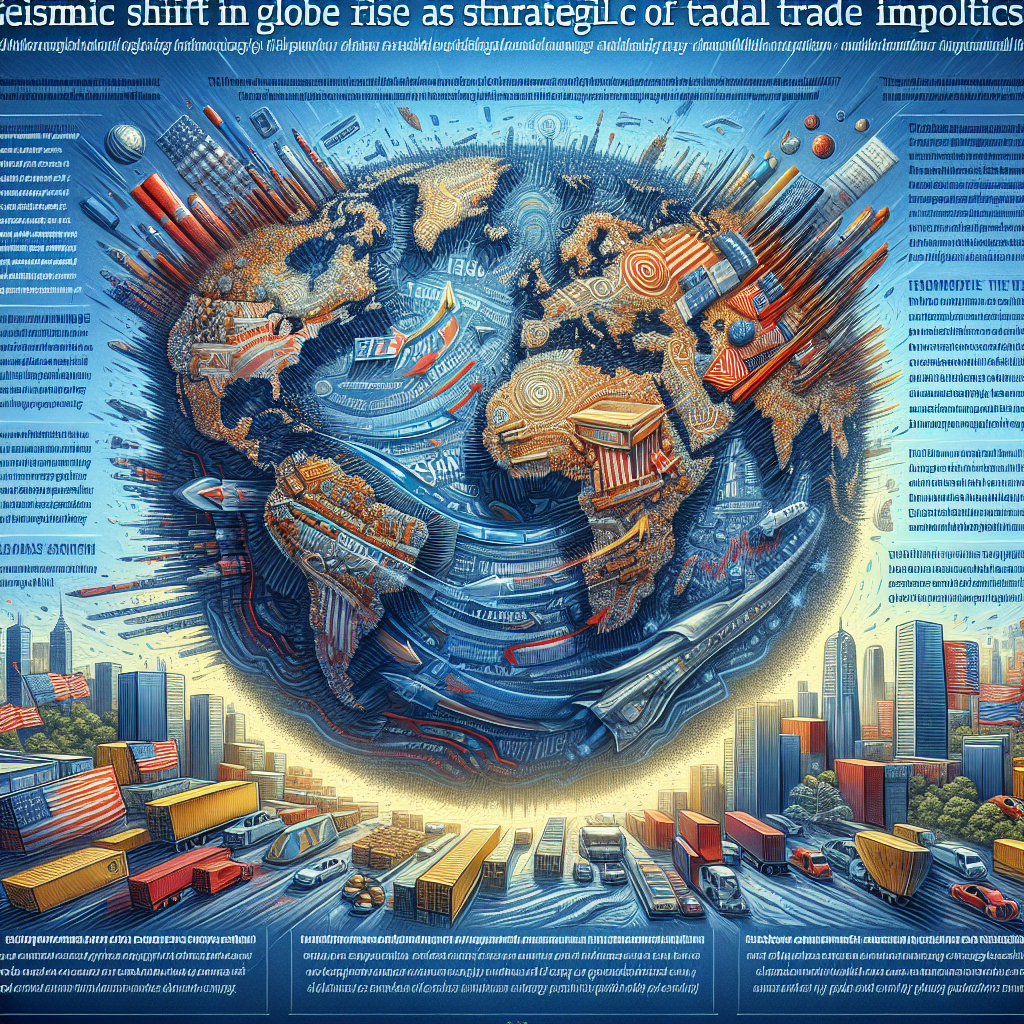Here’s a 300-word article based on the text, ready to copy and paste:
Trump’s Tariffs: A Seismic Shift in Global Trade Dynamics
Economic Tensions Rise as U.S. Implements Strategic Trade Measures
The global trade landscape is experiencing a dramatic transformation following President Donald Trump’s decisive move to impose tariffs on key international partners. These strategic economic interventions are sending shockwaves through international business circles and redefining diplomatic relationships.
Tariff Landscape: A Complex Economic Strategy
The unprecedented tariffs target multiple countries, with a 25% levy on goods from Canada and Mexico, and a 10% tariff on Chinese imports. The nuanced approach includes a specific 10% rate for Canadian energy imports, reflecting a calculated economic strategy. Experts suggest these measures extend beyond simple trade regulations, potentially addressing broader geopolitical objectives.
Ripple Effects on Global Markets
The tariffs are poised to create significant economic disruptions. Analysts warn that these measures could trigger unintended consequences, potentially exacerbating existing economic challenges. The energy sector appears particularly vulnerable, with potential business model transformations anticipated.
Diplomatic experts like Barbara C. Matthews highlight the broader implications, suggesting these tariffs represent more than just economic policy. They signal a fundamental shift in U.S. trade approach, potentially undermining long-standing international trade agreements and creating uncertainty for global business leaders.
Economist Joseph Webster notes that the tariffs could fundamentally alter cross-border economic interactions, particularly in energy-related trade between the United States and its North American partners.
The potential for retaliatory actions looms large, with L. Daniel Mullaney characterizing the situation as the “tariffs genie” being released, indicating potential long-term complications in international trade relations.
For UAE business leaders and investors, these developments underscore the increasingly complex and unpredictable nature of global economic interactions, demanding adaptive strategies and careful market analysis.











